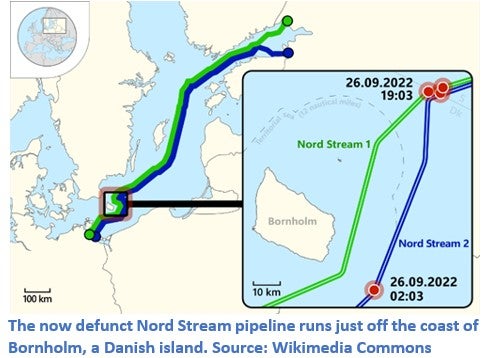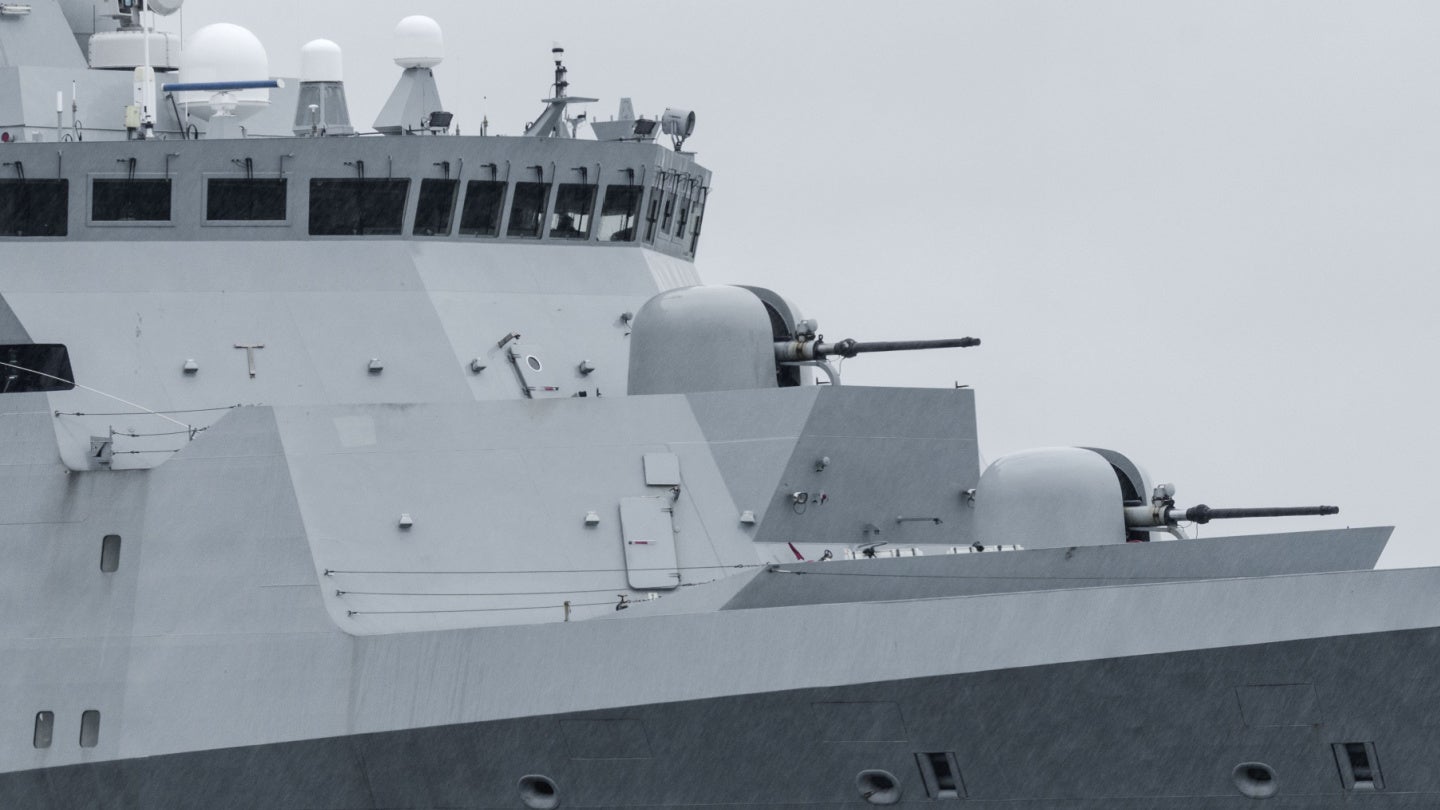Several events in Denmark highlight the country’s growing appetite for increased military preparedness and heightened co-operation with NATO allies.
In September 2023, Danish Defence Forces collaborated with US Naval Forces Europe in a series of SM-6 missile drills, demonstrating the way to correctly use ammunition in a shared airspace. In addition to improving military readiness, such drills symbolize the strong state of diplomatic relations between the two countries by conveying each nation’s commitment to supporting NATO allies on both sides of the Atlantic.
The recent missile testing occurred on Denmark’s easternmost island of Bornholm, located only ten kilometres from the now inoperable Nord Stream One Pipeline. The Danish government uses the island for collecting intelligence on the Russian government. Given the recent underwater sabotage near the island, it is understandable that Denmark would choose the site for an exercise of power projection.

While recent drills may appear largely symbolic, both the Danish government and the Danish people recognize the need to make historic investments in the nation’s defenses.
In May 2023, Copenhagen announced plans to put the nation in line with NATO spending standards by tripling the nation’s defence and security budget over the next ten years. Through such an investment, by 2030 Denmark will meet the goal of spending 2% of the nation’s gross domestic product (GDP) on defence and security, which only seven of NATO’s 30 nations currently achieve. The government’s decision to increase defence spending likely comes with the support of and in response to the Danish people.
In 2022, the Danish population voted overwhelmingly to link the nation to the EU’s defence policy co-operation efforts. While Danes may remain more hesitant to more closely intertwine themselves with the EU in other policy areas, voters appear to seek closer cooperation with Western allies in an era of increasing global instability.
Even before its major military investments, the small nation already contributed to regional security by announcing an aid package to Ukraine of nearly $1bn (DKr7bn), joining the European Leopard main battle tank coalition, granting Ukraine 19 Caesar artillery, and voicing support for delivering F-16s. In recent days, the Danish government received its first shipment of four F-35s from Lockheed Martin, giving the country the opportunity to train Ukrainian pilots on its F-16s.
In the wider defence industry, the heightened Scandinavian security environment and Denmark’s ballooning defence budget call for new procurement and acquisitions. Considering Denmark’s need to navigate and patrol the Baltic Sea and Arctic Ocean, it is understandable that the government has considered procuring new submarines to bolster its deterrence efforts.
In September 2023 OSK design presented a new Arctic frigate to the Royal Danish Navy that could replace older Thetis-class patrol vessels. That said, the level of funds remaining for additional procurement is unclear, as the Danish Ministry of Defence Acquisition and Logistics Organisation (DALO) already procured a new scheme design for naval vessels in an agreement with Danske Patruljeskibe K/S.
In the coming years, Denmark will stand out as a valuable member of both NATO and the EU. Denmark’s various efforts to strengthen its national security will require the government to follow through on its commitments and to successfully procure a significant amount of military equipment and technology. Even so, the Danes and their government have reacted to a more uncertain security environment with a more robust response than many, if not most, of the nation’s allies.





